Company: Lead Greatly, LLC, former School Superintendent of Brown Deer Public Schools last 13 years and Superintendent in Wisconsin for over 20 years
Title: President and CEO of Consultant’s Business
Years in education: Starting 41st year
About Deb: I knew at a very young age that I wanted to be a teacher. My friends and I would play school all of the time and I was the teacher. I have dedicated my entire professional life — more than 40 years — to education. I have worked in all sectors of education. I am parochial-educated, taught at a private school, launched education foundations, worked in rural schools, started a 4K charter school and I am public school-dedicated.
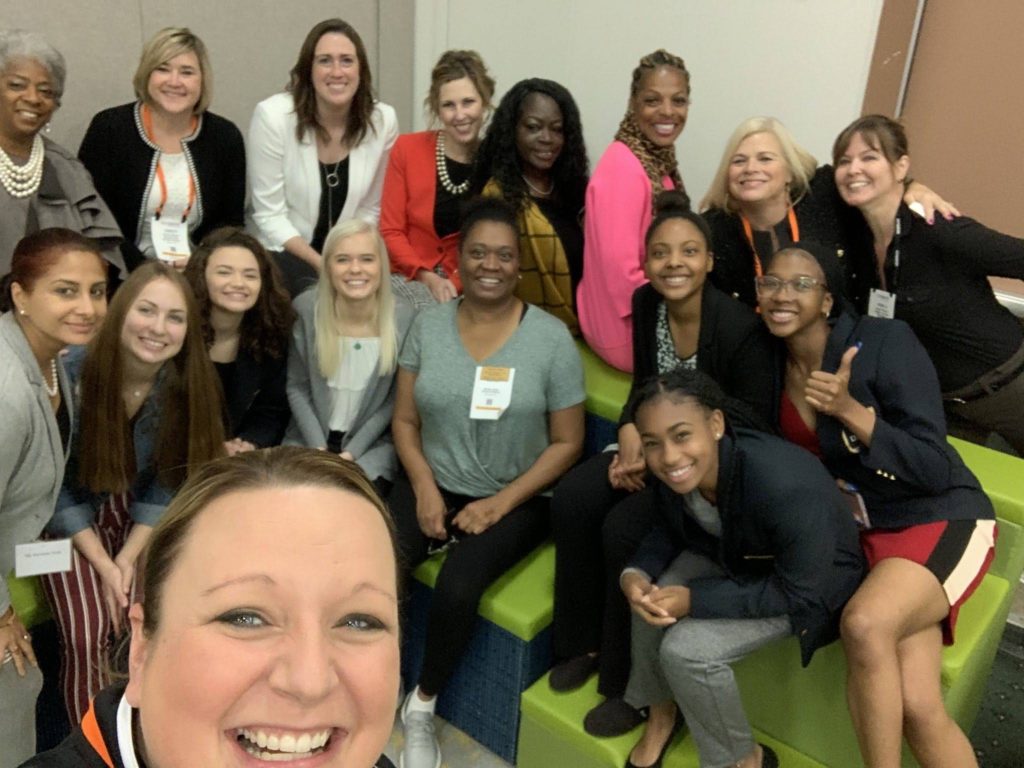
My dedicated service has been shaped by my experiences in leadership roles in local, regional, state and national organizations. I was elected as only the 6th female President of the American Association of School Administrators (AASA), an international professional organization with over 13,000 educational leaders and currently serve as the Immediate Past President. I was also elected as President of the Wisconsin Association of School District Administrators (WASDA) and served the North Shore community as President of the Milwaukee North Shore Rotary.
What has been your greatest accomplishment?
One of Brown Deer’s greatest accomplishments has been the commitment to education as evidenced by $54 million of construction to support the needs of students. This transformation was accomplished over 11 years with 3 separate referendums with one during the worst recession ever. The 63-acre campus houses two schools (4K-5th grades and 6th-12th grades) with flexible learning spaces, makerspaces, libraries that have become the hub of research, learning, and reading, standardized access to technology for all, and a 4-station field house named, “Novak Family Field House,” that was named one of the best high school sports facilities in the Milwaukee area by the Milwaukee Journal Sentinel. The family field house has become the place for celebration, many state tournaments, community activities, and our graduation. The Brown Deer campus also features a botanical garden connected with walking trails, outdoor classrooms, and beautiful landscaping that flourishes in all seasons. The trails and the updated track have become a popular community gathering place for families, people walking their dogs, and residents exercising to promote their own wellness.
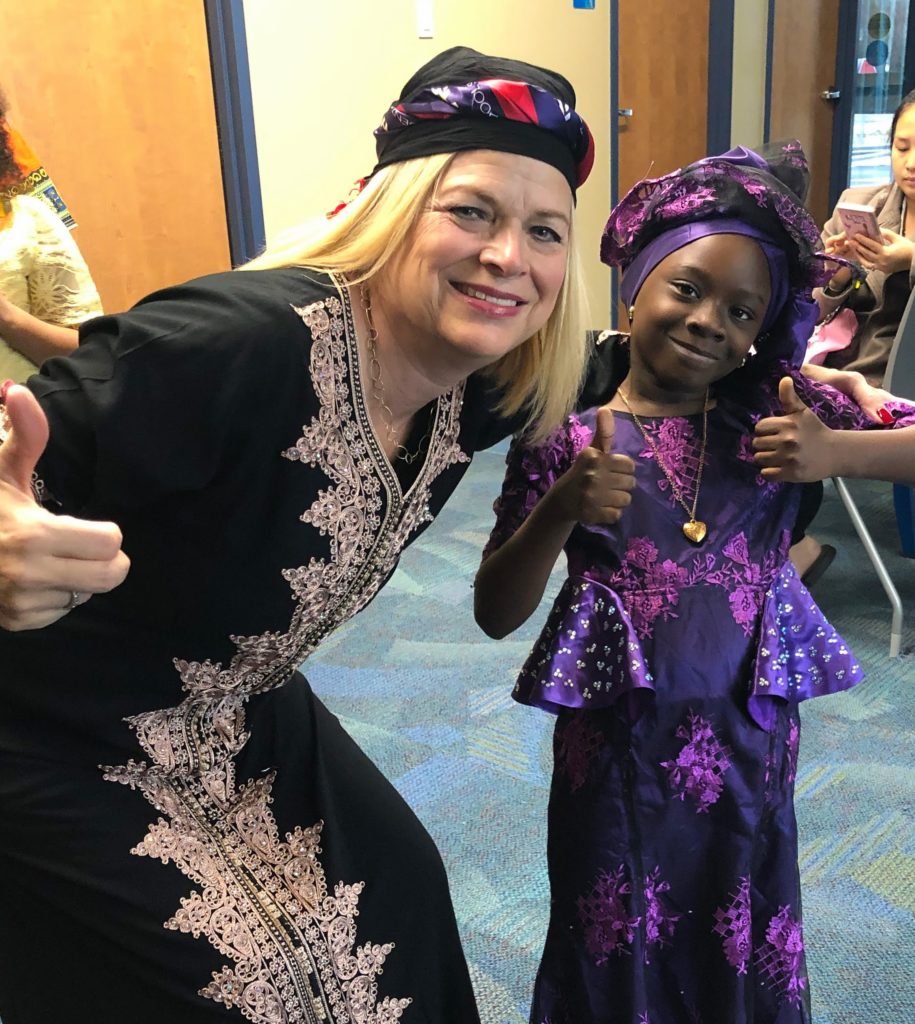
Why are you running for WI state superintendent?
I believe that our great state of Wisconsin can become a world-class education system that would be a model for other districts across the country. We have an opportunity to transform our educational system to get better outcomes and provide opportunities that all of our children deserve no matter where they live – rural, urban, or suburban. Education needs to become more innovative and personalized to best prepare our students for a global economy. I have the unique experiences and advocacy track record that makes me the most qualified candidate. This is the first time in many years that an incumbent is not running for this office. Wisconsin is one of 13 states whose residents elect its state superintendent of public instruction. The time is now and we can do this together! https://kerr4kids.com/ #Kerr4WIKids
What is your philosophy in terms of educating students?
I am a champion for equity with a vision in closing achievement gaps, a passionate advocate of character education, and a promoter of strengths-based pathways for all students through community partnerships. My leadership trademark is a commitment to all students with high quality learning environments, developing collaborative work teams of professionals while honoring their work, and accelerating personalized learning for all students. I am also deeply committed to continuous improvement in all aspects of school organizations and believe that we must all continue to learn and grow in our profession to become the best we can be, whether leader, student, or community.
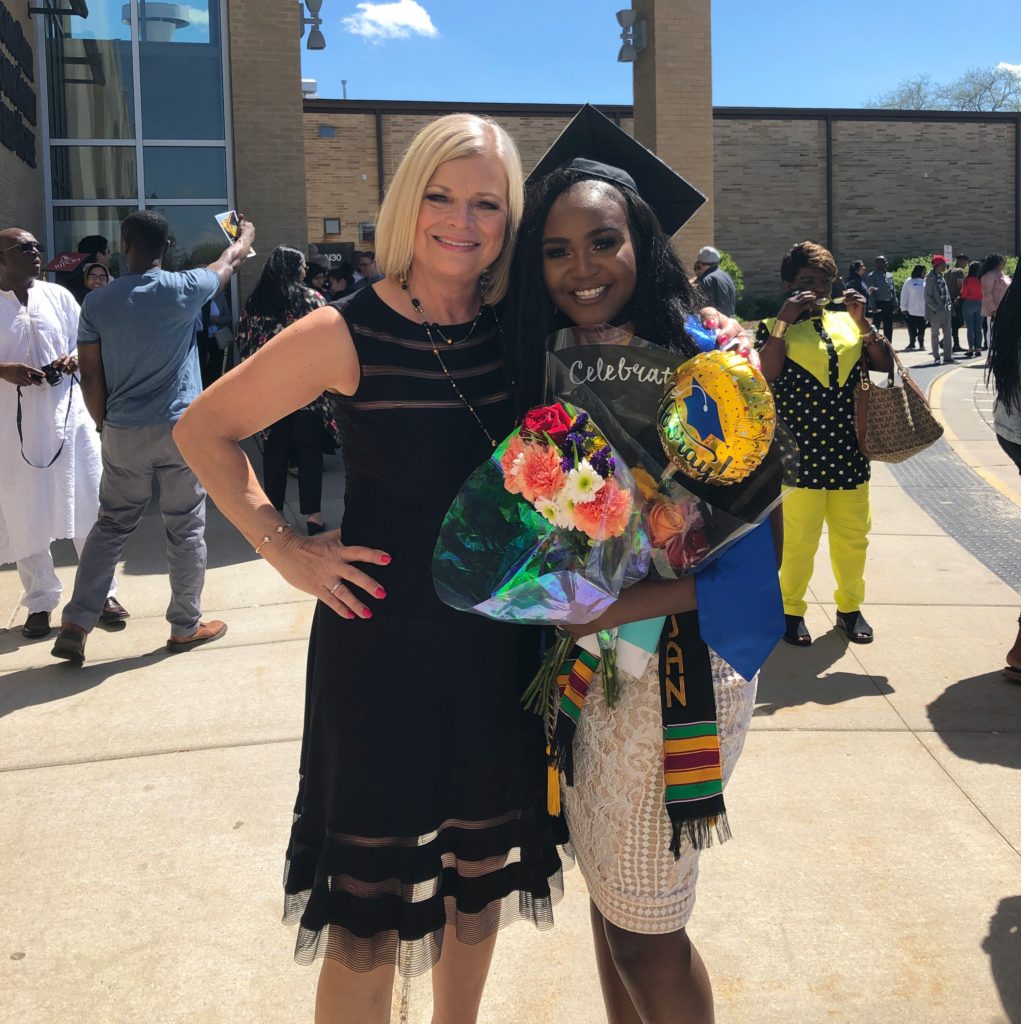
What is the biggest issue facing education?
Reentry, recovery, and beyond after a global pandemic are the biggest challenges facing all educators. The onset of COVID-19 has exacerbated the inequities in all of our school communities with students not having full access to meals, devices, and robust internet connections to thrive as our schools were shut down unexpectedly in mid-March. All superintendents and district leaders have shouldered this immense responsibility to care for the children and staff in their school communities. Not only have our leaders had to deal with a global health pandemic, then events around the country created a racial pandemic with a racial reckoning layered on top of an already fragile situation. Recently, school leaders have also had to face an economic pandemic with the pressure of opening schools even if the science of the pandemic data was not favorable. Many schools are the top employers in our communities and people need to get back to work earning a paycheck but only in a safe and thoughtful manner to protect all those involved.
Reentry, recovery, and beyond after a global pandemic are the biggest challenges facing all educators.
Unfortunately, there has been a lack of meaningful leadership at many levels- local, state, and federal to guide our educational leaders as there was no pandemic playbook or current plan on how to deal with the pandemic with no vaccine. Superintendents and district leaders started writing that playbook the day our schools were closed. Taking care of our students and nurturing relationships were critical for engaging our students in virtual learning. Teachers and parents needed support for how to deliver instruction in this new virtual world and for parents how to support their children in this unthinkable circumstance. Our children were isolated in home situations that may have been detrimental to their health. Educators must be trauma sensitive and prepared to deal with our students’ social, emotional and mental health needs. Our teachers also have to reconcile all of these interpersonal needs as they become the home school teacher for their own families.
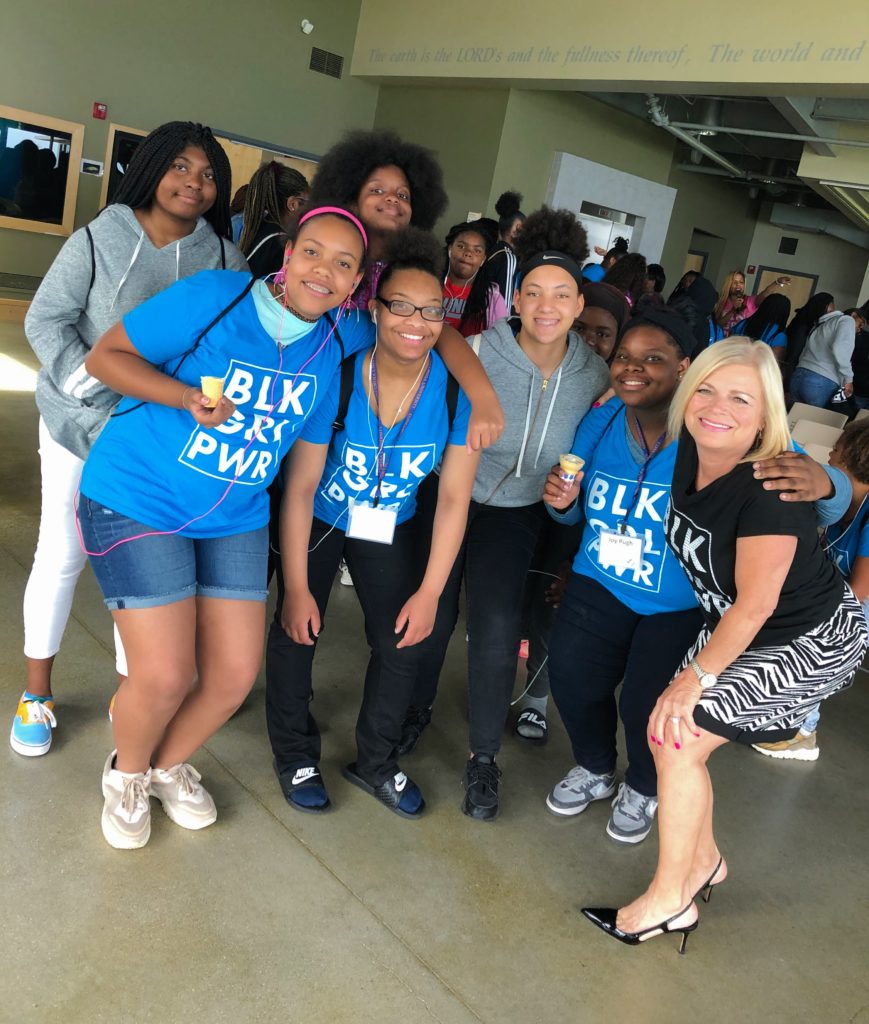
Moving forward, the most important aspect of getting back to face-to-face instruction safely is the critical awareness of how to best mitigate the risk of spreading COVID-19. Based upon the continuous surge in cases, the pandemic is not going away anytime soon and will require educators and families to be flexible and ready to change formats of in-person learning at school and virtual learning at home. Teachers will need support for their own mental health as well as how to support the varied needs of the students in each of their classes. We must support the learning process, not just teaching of standards and content. Our classrooms will need to be designed in a thoughtful and intentional manner to promote differentiated instruction, set up for varied sized groups, individual stations, and ample technology to teach both synchronous and asynchronous. Identifying where the achievement gaps persist will be critical to moving forward with a rigorous and robust instructional program to accelerate and eliminate learning loss. We have a lot of work to do but this can be achieved with a can-do attitude and by working together with our parents and all partners in our school communities.
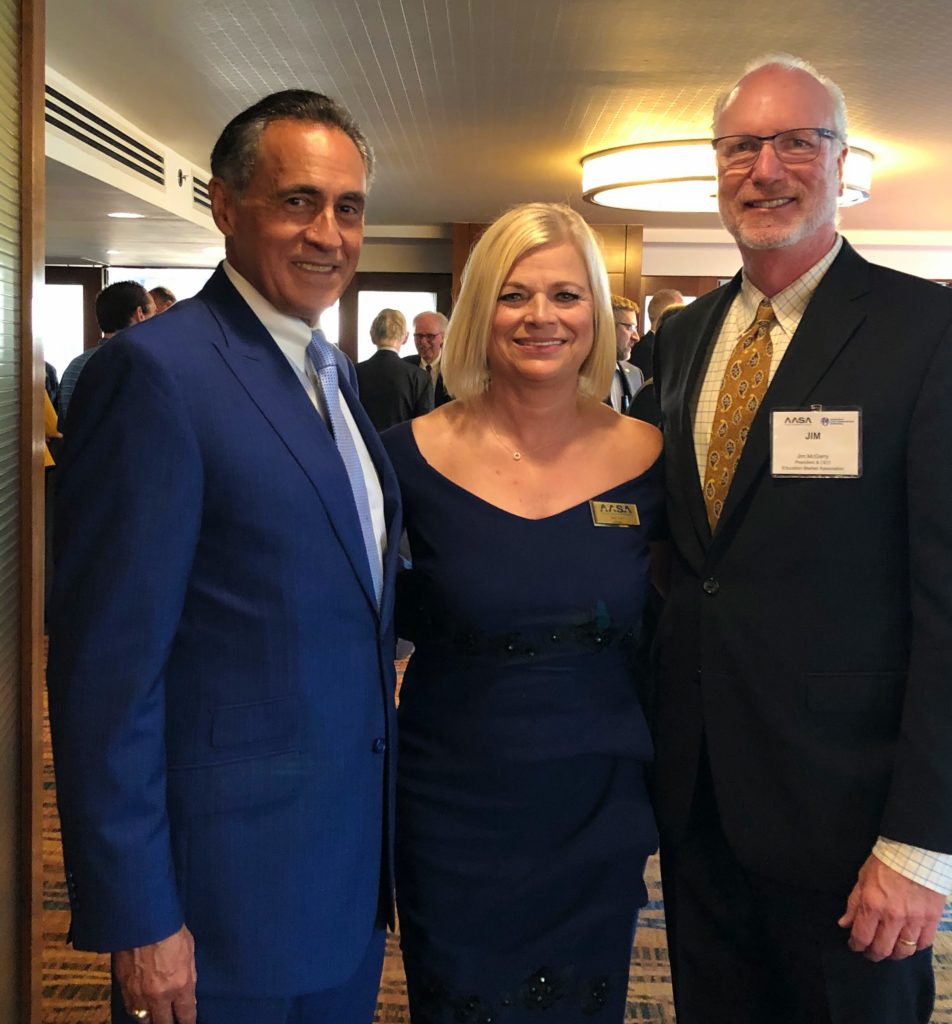
What were your main priorities as the President of AASA in 2019 and what change were you able to affect?
Advocacy for equity and excellence in all of our public schools was my top AASA priority along with promoting women in leadership. We can only close and eliminate achievement gaps through strong leadership within our school communities. We must inspire others to achieve educational excellence for all stakeholders in our public schools. Together we must ensure high quality educational opportunities by serving all students — not just the rich ones or the lucky ones. In partnership with our leaders and communities, we must continue to advocate for all students to provide multiple pathways of access to excellence that only responsive schools can provide. We are not only preparing our students to be successful graduates but preparing our students to inspire, innovate, and lead in a world economy.
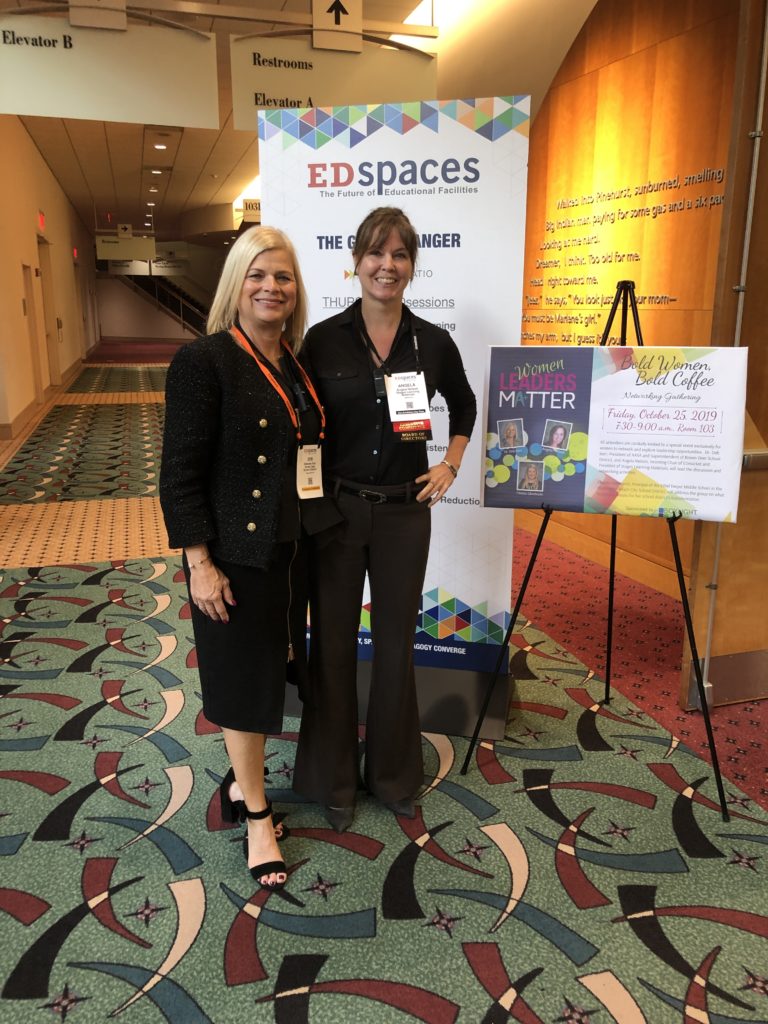
Another aspect of my AASA platform was to increase opportunities for women leaders and women of color into the superintendency. Our girls not only need to see women in leadership roles but women who look like them leading our school communities. To do this, I created a networking event, “Bold Women-Bold Coffee” where women leaders came together to share their experiences in the workplace and meet others to learn from and to mentor. I have held this event at the last two national educational conferences and at the last EDspaces conference in Milwaukee. Women represent over 50% of the population and their leadership should be represented in our schools, businesses, and communities.
What one piece of advice would you give other women leaders in our industry?
Learn as much as you can in your field, be well-read and continue to network and learn from others. My collaboration with others has had a tremendous impact on the development of my practices. My leadership has been shaped by my professional development experiences and those whom I have networked with. Always support other women in your leadership journey and look for opportunities to connect other colleagues. Together we are stronger! #WomenLeadersMatter
Our schools need to become places where equity is honored, anti-racism is the norm, and social justice prevails.
What can be done to address equity in education?
All of us need to address equity as a means to create the schools that our children deserve. We must not be afraid to engage in these conversations. Our students need us to be culturally responsive in our teaching and learning environments. It starts with each of us individually and understanding our inherent biases and how this impacts our leadership. The adults leading our schools (which includes teachers) need time for this training so that we can all understand how to best create school systems that do not marginalize students and families. It takes courage to start the process and acknowledge we can do better. Our schools need to become places where equity is honored, anti-racism is the norm, and social justice prevails.
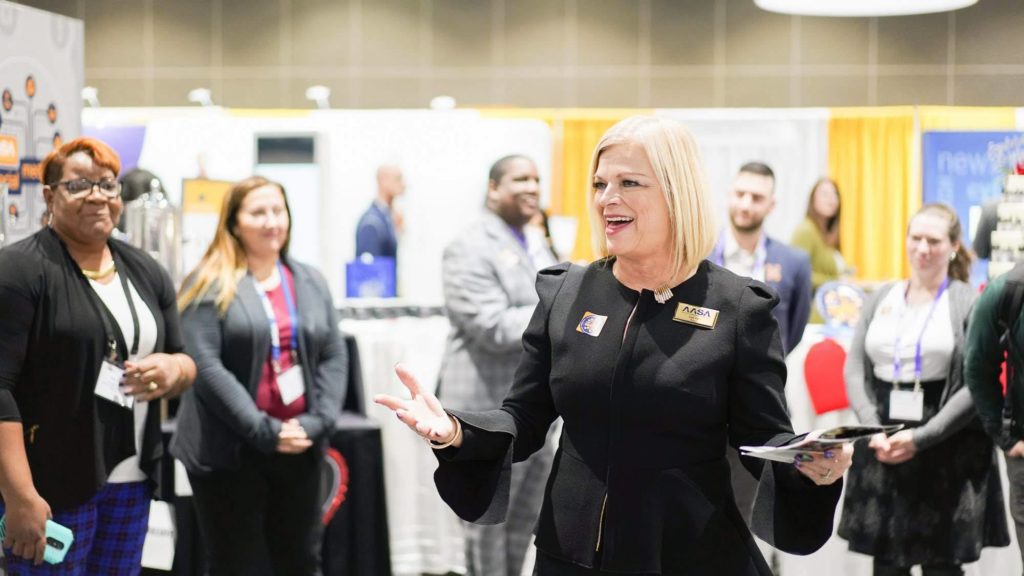
How has EDmarket helped you professionally?
EDmarket has been an amazing organization offering premiere professional development experiences through networking and learning from others who intentionally design learning spaces, schools, hospitals, and business environments that create community legacies. EDmarket is a community of learners that engages other professionals from cross-sectors to share their best practices and craft. EDmarket is about innovation, creativity, and leadership in a constantly changing and unpredictable global society.

